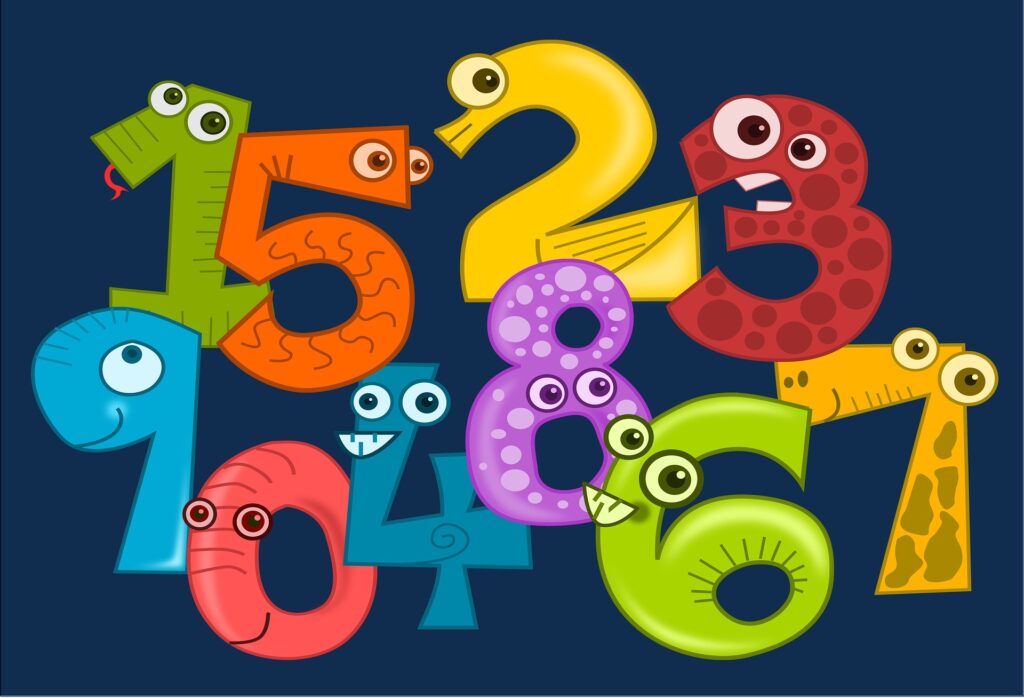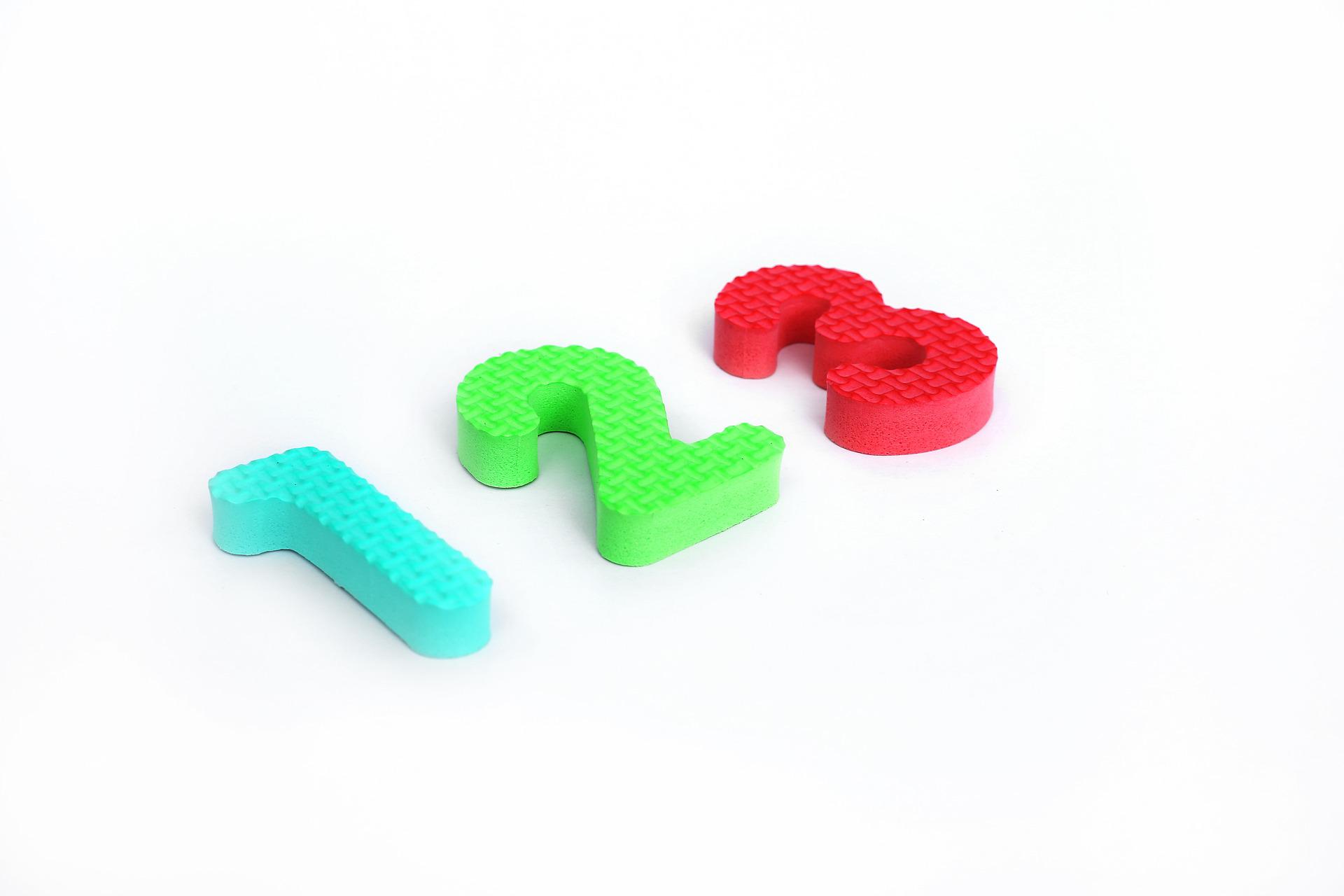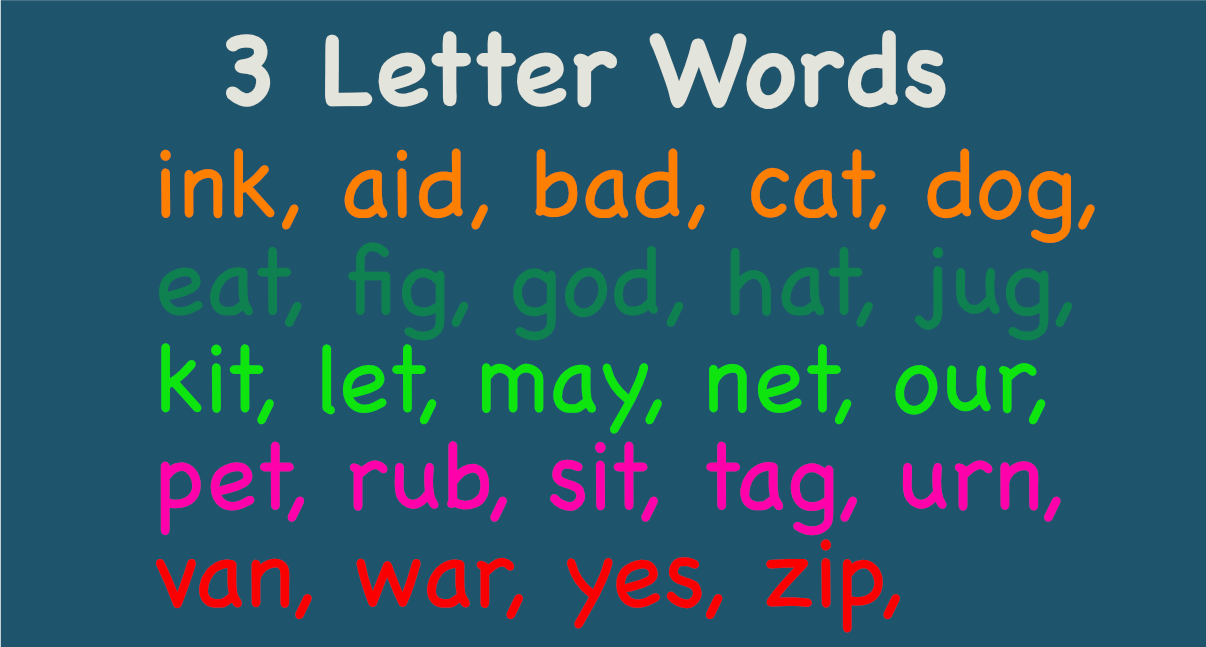
One way to help a child improve their mathematical skills is to encourage mental practice. Finger counting discourages mental math practice. If your child is not thinking with numbers mentally, they may give up before they reach the solution.
Contents
- 1 There Many Factors That Affects a Child’ Attitude and Competence in Mathematical Skills
- 2 Work With A Classmate To Improve Child’s Mathematical Skills
- 3 Problem Solving Is Central
- 4 Games Can Help Build Addition And Subtraction Skills
- 5 Splat the Fruit
- 6 Developing A Positive Attitude Towards Math In A Child
- 7 Parents and Teachers Can Influence Kids Towards Maths Competence
- 8 Technology Can Help Improve Child’s Mathematical Skills
- 9 Strategic Use Of Technology
- 10 Problem-Solving Process Is Important
There Many Factors That Affects a Child’ Attitude and Competence in Mathematical Skills
Many factors can affect a child’s ability to think with numbers, such as the way they store and access memories. Also, their ability to make connections between previous and new lessons may be hindered. This can make it difficult for children to learn new math skills, and ultimately, hinder their progress.
Work With A Classmate To Improve Child’s Mathematical Skills
Working with a classmate can help children learn mathematics concepts more quickly. For example, if a child is struggling with counting by twos, he can pass a copy of an unsolved problem to his partner. If both children come up with different answers, they can work together to determine why.
Problem Solving Is Central
A third strategy for improving child’s mathematical skills is problem solving. Problem solving can be made fun by introducing it to everyday events. Encourage your child to ask questions and explore every possible solution. Once he has a solution, he can apply math to other things in his life.
Identifying topics for math problems that can be solved with a calculator is another way to help children build a foundation for more complex mathematics.
It’s also beneficial to involve the child in brainstorming and problem solving with a classmate. Involve him in brainstorming strategies for solving math problems and help him practice new strategies.
Math is not an easy subject to learn for everyone. Even bright students can struggle. Repeated under performance can cause a student to feel stupid or demotivated. In addition, falling behind in math will prevent the student from learning much of what is taught. So, it’s imperative for children to have basic math skills, which are essential for success in any career.
Games Can Help Build Addition And Subtraction Skills
Games for addition and subtraction are great for kindergarteners, as they help kids learn the concepts in a fun way. By playing these games, kids will develop their basic math skills and increase their mental math abilities. Some games are designed for beginners, while others are designed for more advanced students.
One fun game for adding and subtracting is bowling. It can be played with a play bowling set, plastic cups, or paper towel rolls. Before each roll, students can count the number of pins standing. Then, they can solve the equation for the number of pins remaining. This helps students visualize the process of subtraction.
Splat the Fruit
Another fun game for addition and subtraction is a game called Splat the Fruit. It has seven levels of difficulty and involves matching numbers. The goal is to match the answer with a different number. This game improves mental arithmetic by speeding up the process.
There are a number of educational games available online. These free math games will help children build their mental maths skills and develop number bonds to ten.
In addition to addition and subtraction games, children can play these games to develop their skills in number recognition. Several of these games also feature fun and flexible modes.
The games for addition and subtraction help students learn to use strategies to solve problems. A teacher dashboard will help them monitor the progress of their students.
This will help teachers reduce the time spent on grading and maximize student learning. Many of these games also have classic practice modes that help students master the concepts. Students will also benefit from word problems that bring the concepts to life.
Developing A Positive Attitude Towards Math In A Child
A positive attitude towards mathematics can increase a child’s mathematical skills. The study examined the attitudes of 1719 Portuguese students from fifth to twelfth grade. The researchers used an adaptation of the Intrinsic Motivation Inventory to measure the students’ attitudes towards math.
The study found that students who have a positive attitude towards math are more likely to achieve high achievement in the subject. However, it was found that a positive attitude towards math was not directly correlated with stronger math achievement.
Parents and Teachers Can Influence Kids Towards Maths Competence
The authors concluded that teachers and parents can play a key role in influencing student attitudes towards mathematics. They suggest that improved teaching methods, more motivated teachers, and better course books can help students develop positive attitudes towards mathematics.
Previously, educators have noticed that children who show an interest in math and who perceive themselves as better at it tend to do better in math. However, it is not clear whether this trait is associated with higher IQ.
Nevertheless, it has been observed that a child’s positive attitude towards math was correlated with better math performance, even when other confounding factors like IQ were taken into account. Scientists did not expect that an attitude towards math could play such a big role in cognitive performance.
The authors of the study hypothesized that the link between a positive attitude towards math and a child’s math achievement was driven through the classical learning system in the brain. In addition, they speculated that a child’s positive attitude towards mathematics is related to activation of the hippocampus, an important memory and learning center in the brain.
Technology Can Help Improve Child’s Mathematical Skills
Research has shown that using technology in the classroom can help improve child’s mathematical skills. Children who use calculators are more flexible in their computations and learn to apply place value and number related concepts. Children can also use calculators to help them understand the Australian Curriculum.
The Australian Curriculum aims to help children develop their numeracy, estimation, mental computation and proficiency in mathematics. These new technologies can be used in primary school classrooms to help children improve their mathematical skills.
Strategic Use Of Technology
The strategic use of technology in the classroom is essential in creating a balanced mathematics program. While the use of technological tools is not sufficient on its own, teachers and curriculum developers must be trained in its use to improve student performance.
All schools should offer access to mathematical software and hardware and ensure that teachers are well-equipped to use it.
While most research on technology and early mathematics has shown positive effects, not all children are impacted equally by technological aids. For example, some studies focused on a small number of apps, while others looked at a particular mathematical skill.
For instance, Reeves et al. (2017) selected apps that focused on counting, sequencing, and early addition. Another study, conducted by Dejonckheere et al., looked at a particular skill and found that digital manipulatives helped children improve their mathematical skills.
In the study, 13 kindergarten children were randomly assigned to one of two groups. One group was given iPads loaded with apps aimed at improving their numeracy. The other group of children received traditional play-based learning activities.
Problem-Solving Process Is Important
A child’s ability to solve a problem is a crucial component of effective mathematical learning. The problem-solving process involves using facts, figures, and rules to reach the right answer. It also helps children develop flexibility and confidence as they use their mathematical knowledge.
In addition to being an essential part of child development, problem-solving also develops creativity, and helps children develop self-esteem.
If they feel good about themselves and can overcome challenges, they are more likely to do well in school. It also improves their social skills. Children who lack social skills find it difficult to develop relationships and can’t cope with new situations.
Problem-solving also provides ongoing assessment information, and allows students of various abilities to experience the challenges of mathematics.
The best problem-solving activities are designed to allow all students to solve the same problem and allow high-achieving students to extend their thinking. Practicing the problem-solving process helps students develop mathematical power and gives them the tools to solve real-world problems.
Observation and listening are important parts of the problem-solving process. Children are more likely to engage in problem-solving when they are given the space to brainstorm ideas on their own. When you observe children’s solutions, be sure to acknowledge their efforts and encourage them to express their ideas.



